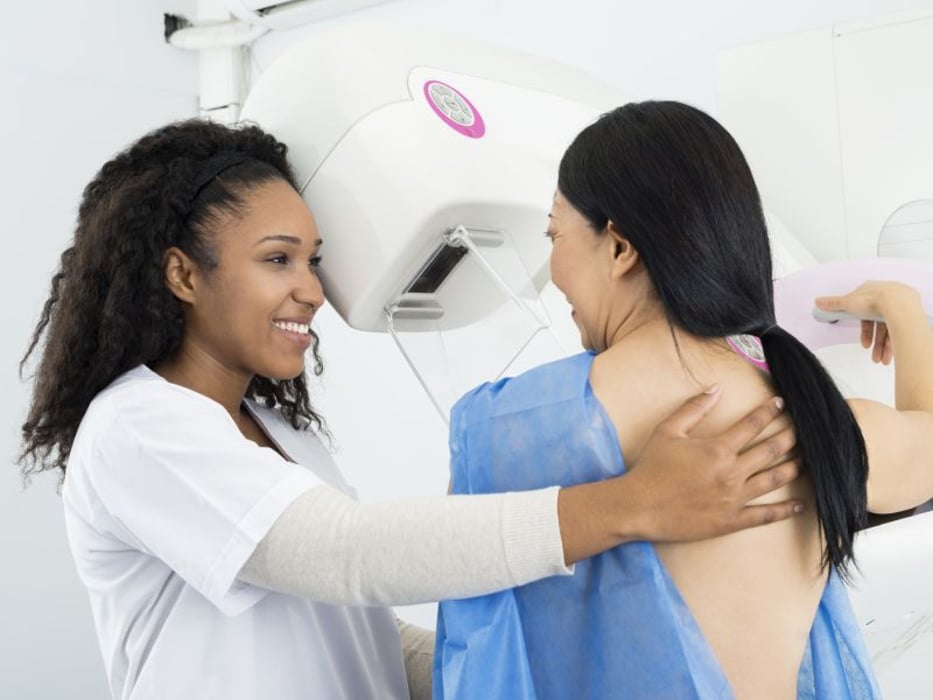Mammogram Centers Must Notify Patients of Breast Density, FDA Says

THURSDAY, March 9, 2023 (HealthDay News) -- New U.S. federal regulations will require mammography facilities to tell women if they have dense breasts, a description of how the tissue looks on the X-ray.
It can be more difficult to detect cancer in dense breast tissue on a mammogram. Having dense breasts is also a risk factor for developing breast cancer.
The U.S. Food and Drug Administration update amends regulations issued under the Mammography Quality Standards Act (MQSA) of 1992 (MQSA).
"Today's action represents the agency's broader commitment to support innovation to prevent, detect and treat cancer," said Chief Medical Officer Dr. Hilary Marston.
"Since 1992, the FDA has worked to ensure patients have access to quality mammography,” she said in an FDA news release. “The impact of the Mammography Quality Standards Act on public health has been significant, including a steep decrease in the number of facilities that do not meet quality standards. This means that more women have access to consistent, quality mammography. We remain committed to advancing efforts to improve the health of women and strengthen the fight against breast cancer."
The update also strengthens the FDA's oversight and enforcement of facilities and helps doctors better categorize and assess mammograms.
The original act was designed to ensure quality mammography, an important tool for early breast cancer detection.
About half of U.S. women over 40 have dense breast tissue.
The amendments include specific language explaining how breast density can affect the accuracy of mammography. They urge patients with dense breasts to talk to their health care provider about breast density, cancer risks and their individual situation.
Promoting patient access to information about the impact that breast density and other factors can have on breast cancer risk is part of a comprehensive breast health strategy, the FDA said.
The amendments must be implemented within 18 months, FDA said.
They will enhance the agency’s ability to communicate directly with patients and health care providers when a facility is not meeting quality standards and is failing to communicate adequately with patients about that.
The goal is full communication of important information that could affect patient care decisions, such as the need for more screening.
Over a lifetime, about 1 in 8 women will get breast cancer, according to the U.S. Centers for Disease Control and Prevention. Mammograms continue to be the best tool for breast cancer screening and detection, the FDA noted.
More information
The U.S. National Cancer Institute has more on dense breasts.
SOURCE: U.S. Food and Drug Administration, news release, March 9, 2023
Related Posts
Surgical Site Infections: Causes, Symptoms & Treatments
A surgical site infection (SSI) is an infection that happens where you had...
Endovascular Therapy Aids Outcome of Basilar-Artery Occlusion
THURSDAY, Oct. 13, 2022 (HealthDay News) -- For patients with basilar-artery...
Emergency Visits for Firearm Injuries Higher During Pandemic
THURSDAY, March 30, 2023 (HealthDay News) -- Emergency department visits for...
